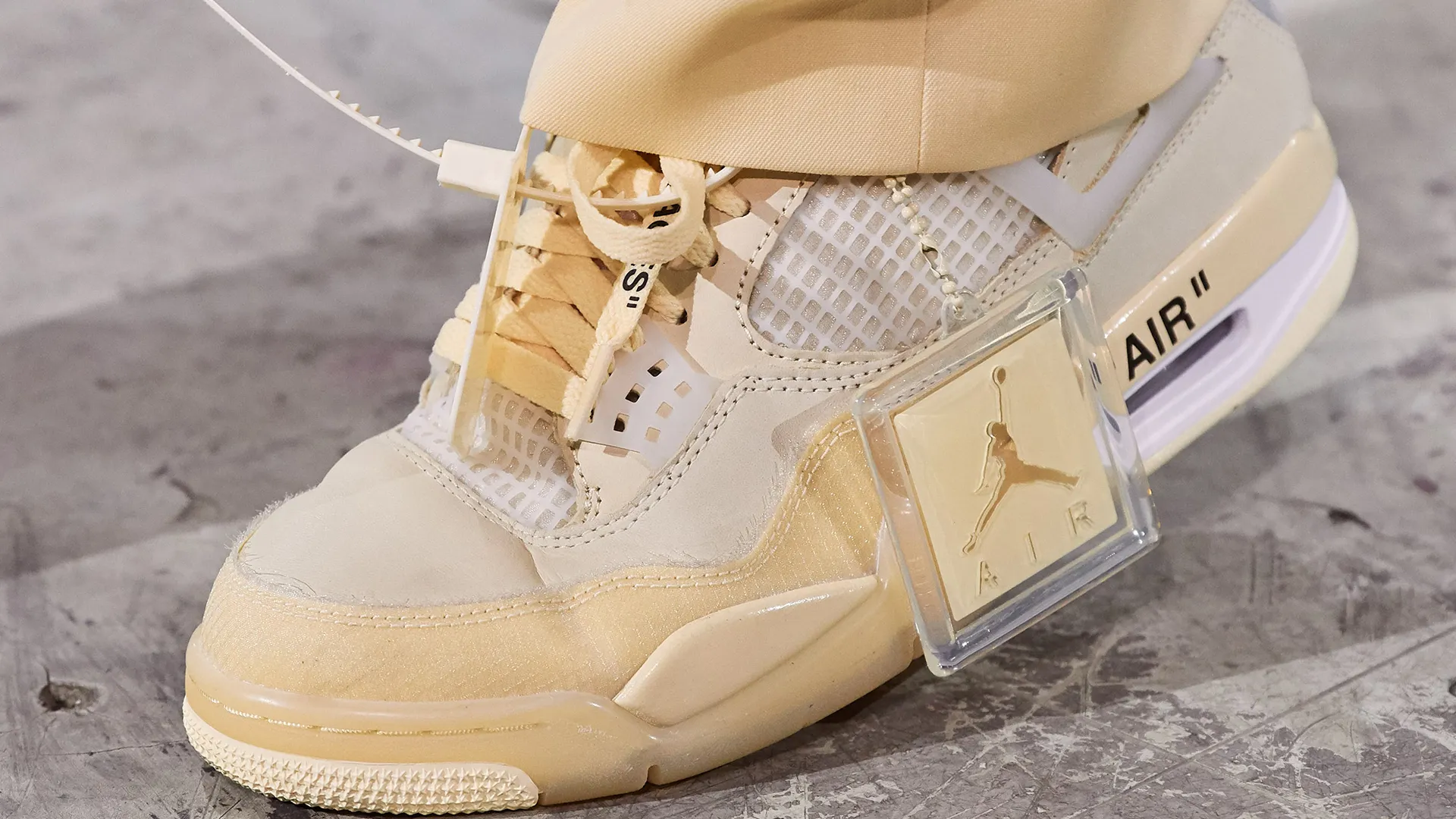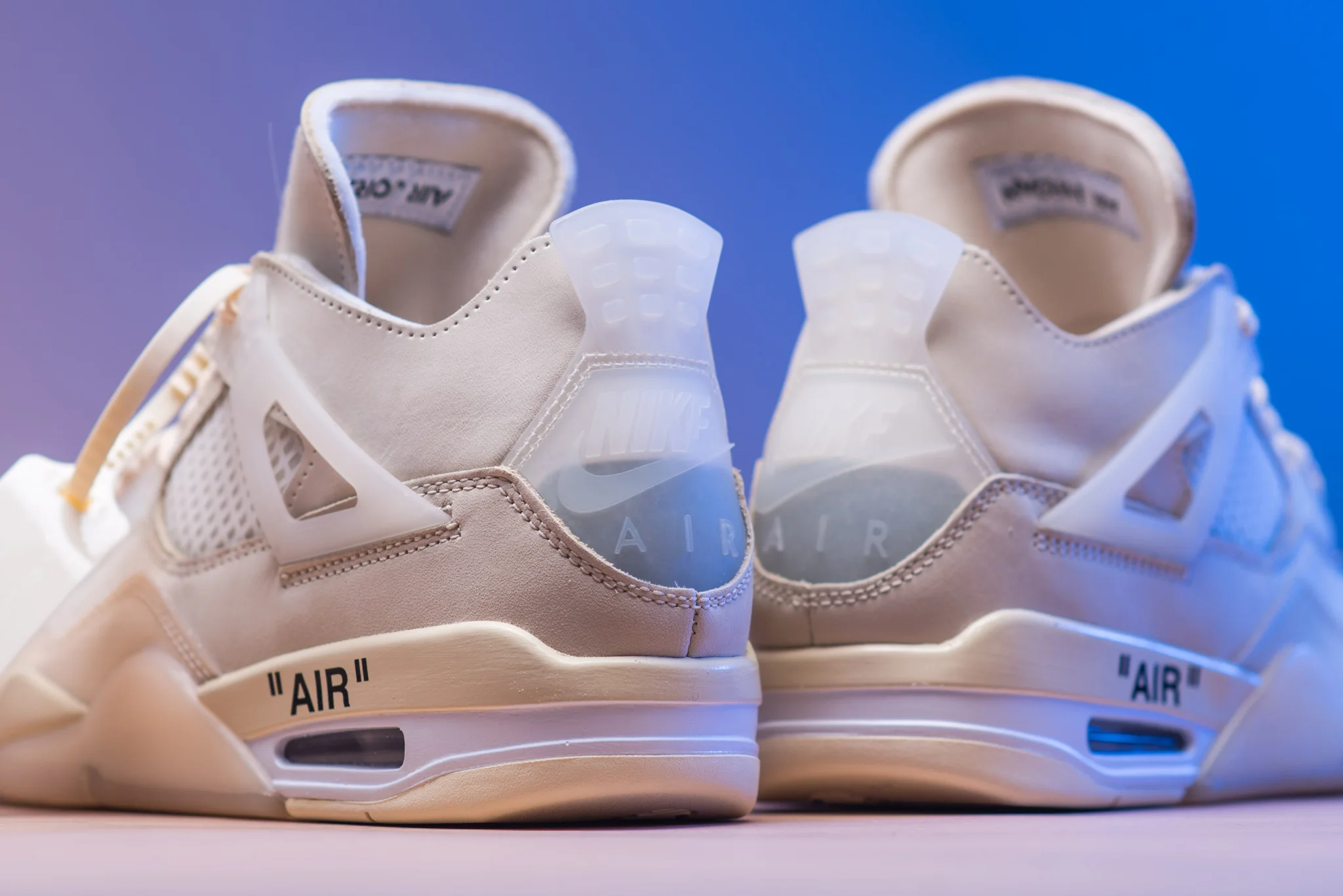From Runway to Replica: The Evolution of Off-White Knockoffs
In the fashion world, Off-White has emerged as a trailblazing brand known for its distinctive streetwear aesthetic and iconic designs. However, with popularity comes imitation, and the rise of Off-White knockoffs, often referred to as Offwhite reps, has sparked a debate about authenticity, creativity, and the evolving landscape of fashion. In this article, we will delve into the fascinating evolution of Off-White knockoffs, exploring their impact on the industry and their challenges to designers and consumers.

The Birth of Off-White and Its Influence
Off-White, founded by Virgil Abloh in 2012, quickly became a symbol of innovation and boundary-pushing in fashion. With its signature use of quotation marks, zip ties, and bold graphics, Off-White’s runway shows and designs captured the attention of fashion enthusiasts and celebrities alike. Abloh’s fusion of high fashion and streetwear struck a chord with new consumers, and the brand’s popularity soared.
The Allure of Offwhite Reps
As Off-White gained notoriety, it was only a matter of time before counterfeiters saw an opportunity to profit from the brand’s success. Offwhite reps, or knockoffs, began to flood the market, offering consumers a chance to own pieces that closely resembled the coveted originals at a fraction of the price. The allure of Offwhite reps lies in their affordability and accessibility, making Off-White’s distinctive style more attainable for a wider audience.
The Ethical Dilemma
The proliferation of Off-White knockoffs raises ethical questions about intellectual property rights and the impact of counterfeiting on both the fashion industry and the creators behind the brand. Designers like Virgil Abloh invest substantial time and creativity into their work, and when their designs are replicated without permission, it can undermine their livelihoods and the integrity of the industry.
The Battle Against Replicas
Fashion houses, including Off-White, have fought back against counterfeiters through legal means, pursuing legal action against those involved in the production and sale of Offwhite reps. Counterfeit goods not only infringe on intellectual property rights but can also pose significant risks to consumers in terms of product quality and safety.
The Evolution of Off-White Knockoffs
Over the years, Off-White knockoffs have evolved, becoming increasingly sophisticated in their replication of the brand’s designs. Advances in technology and production methods have allowed counterfeiters to create products that closely resemble the real thing. The rise of e-commerce platforms and social media has also made it easier for counterfeiters to market and distribute their wares.
The Consumer’s Dilemma
Consumers are often caught in the middle of this ongoing battle between fashion brands and counterfeiters. While some may knowingly purchase Offwhite reps for their affordability, others may unknowingly fall victim to scams or subpar products. The proliferation of knockoffs also blurs the line between authentic and fake, making it difficult for consumers to discern the real from the imitation.

The Impact on Authenticity
The prevalence of Off-White knockoffs challenges the concept of authenticity in fashion. Authenticity has always been a core value in the industry, with consumers seeking out unique and genuine pieces. However, the rise of counterfeit goods blurs this distinction, creating a market where authentic and fake products coexist.
In conclusion, the evolution of Off-White knockoffs, or Offwhite reps, reflects the complex interplay between fashion, commerce, and creativity in the modern era. While these knockoffs offer affordability and accessibility, they also raise ethical concerns and challenges for the fashion industry. As consumers, it’s essential to be aware of the implications of purchasing counterfeit goods and to support authentic creativity and innovation in fashion.

